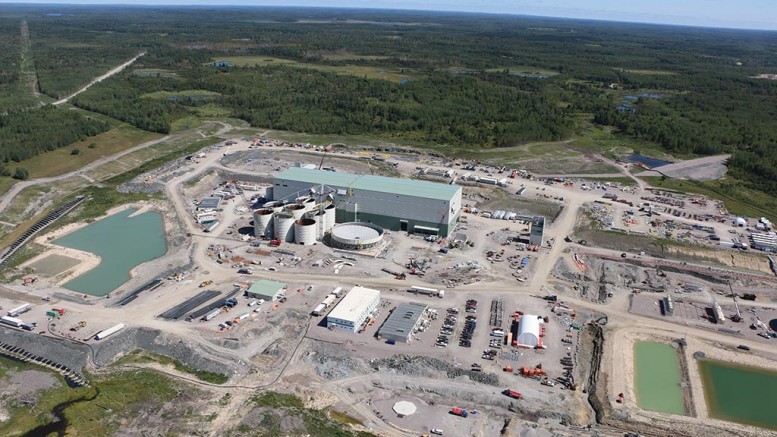
All-in sustaining costs (AISC) for the quarter were $1,355 per oz. AuEq and $1,463 per oz. AuEq for the year, achieving the updated annual guidance range of $1,415 to $1,495.
The average realized gold price for the quarter was $1,798 per oz., while the average realized copper price was $4.37 per lb. For the year, average realized gold price was $1,798 per oz. and average realized copper price was $4.24 per lb.
These allowed New Gold to generate $106 million of cash from operations during Q4 2021, and $324 million for the year. Net earnings were $151 million for the quarter and $141 million for the year. Adjusted net earnings were $25 million for the quarter and $83 million for the year.
“The fourth quarter delivered our strongest production quarter of the year, allowing us to meet our updated guidance. It was also our lowest quarter from a cost perspective, leading to our highest free cash flow quarter of the year,” Renaud Adams, president and CEO of New Gold, stated.
During the quarter, New Gold closed the previously announced sale of the Blackwater gold stream to Wheaton Precious Metals (NYSE: WPM; TSX: WPM) for $300 million to strengthen its balance sheet. At quarter-end, the company had a cash position of $482 million and a liquidity position of $857 million.
“Looking to 2022, our strategy remains focused on operational excellence and optimization at both assets. At Rainy River, we converted meaningful underground mineral resources to mineral reserves resulting in a net increase to total gold reserves for New Gold. We continue to seek ways to further optimize the operation and reduce costs while we advance the development of the Intrepid underground zone, targeting initial production in the second half of the year,” Adams continued. By year-end, New Gold’s total mineral reserves stood at 3.7 million oz. gold.
“At New Afton, our priorities remain on advancing the B3 ramp-up and C-zone development, exhausting the Lift 1 cave, including the recovery level zone, and completing commissioning of the in-pit tailings.”
(This article first appeared in the Canadian Mining Journal)




